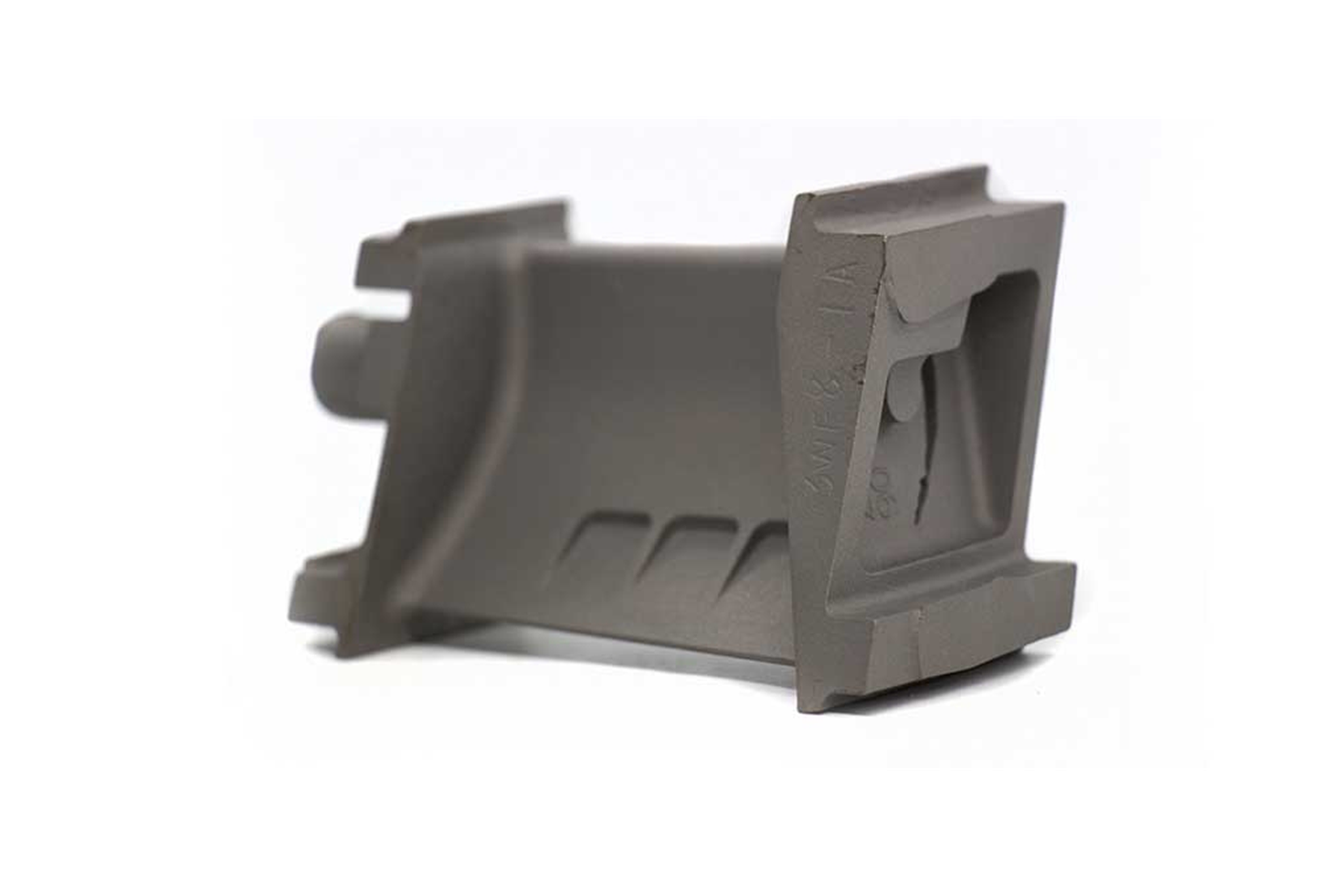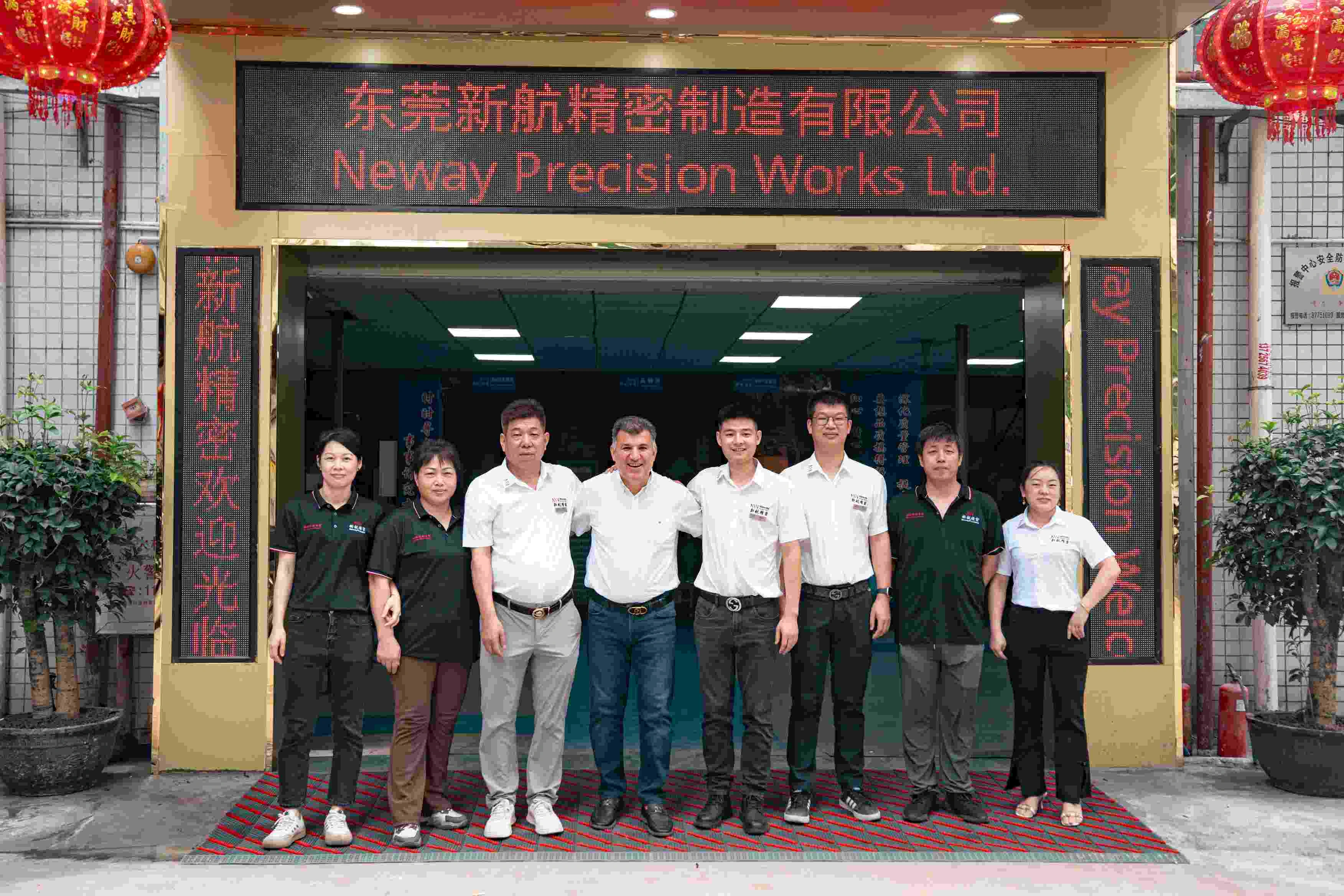High Temperature Alloys Vacuum Investment Casting Oil and Gas
Introduction
Vacuum investment casting is a critical manufacturing method for producing complex high-temperature alloy parts used in the oil and gas industry. These components must maintain mechanical integrity in harsh environments involving corrosive fluids, pressure cycles, and temperatures exceeding 900°C.
Neway AeroTech provides precision vacuum investment casting services using nickel- and cobalt-based superalloys. We produce high-performance components with dimensional accuracy (±0.05 mm), metallurgical purity, and proven resistance to thermal fatigue and corrosion.
Core Technology of High-Temperature Alloy Vacuum Investment Casting
Precision Wax Pattern Production Wax patterns are formed using metal dies to replicate component geometry with tolerances within ±0.05 mm and complex internal structures.
Ceramic Shell Mold Formation Patterns are repeatedly coated with ceramic slurry and refractory particles, building shells 6–8 mm thick for pressure and thermal resistance.
Autoclave Dewaxing and Shell Firing Wax is removed at 150°C; shells are then fired at 1000°C to remove volatiles and strengthen mold walls.
Vacuum Induction Melting Alloys such as Hastelloy C-22 and Inconel 625 are melted under high vacuum (10⁻³ Pa) at 1400–1500°C to ensure chemical purity.
Controlled Alloy Pouring and Solidification Molten metal is poured into preheated molds; cooling rates are tightly controlled to produce equiaxed grain structures (0.5–2 mm).
Mold Removal and Surface Cleaning Ceramic shells are mechanically and chemically removed, preserving fine features and surface finishes of Ra ≤1.6 μm.
Post-Casting Heat Treatments Solution treatment and aging cycles improve tensile strength, corrosion resistance, and dimensional stability under pressure and thermal load.
CNC Machining and Final Inspection Final tolerances are achieved through superalloy CNC machining, with all components inspected using CMM, X-ray, and ultrasonic testing.
Key Superalloys for Oil and Gas Applications
Alloy | Max Temp (°C) | Features | Common Uses |
|---|---|---|---|
980°C | Excellent corrosion resistance in sour gas, seawater | Subsea valves, downhole tools, flanges | |
1040°C | Superior resistance to chlorides, oxidizing agents | Heat exchangers, separators, pressure housings | |
982°C | High strength, creep resistance at elevated temperatures | Turbocharger rotors, pump components | |
870°C | Wear and corrosion resistance in abrasive flow paths | Seats, cages, valve trim in slurry/oil production |
Applications in the Oil and Gas Sector
Subsea Valve Bodies and Seats Require corrosion resistance to seawater, H₂S, CO₂, and high-pressure conditions (up to 20,000 psi).
Pump and Compressor Wheels Operate under high rotational speeds and thermal gradients, needing consistent metallurgical properties and dynamic balance.
Flame Arrestors and Burner Tips Must resist high-temperature oxidation and erosive gas environments in flaring and combustion systems.
Downhole Drilling Tools Withstand abrasive media, thermal cycling, and corrosive fluids at depths exceeding 10,000 ft.
Manifolds and Flow Restrictors Precision-cast to control flow in multiphase environments, requiring tight tolerances and internal passage accuracy.
Manufacturing Challenges and Neway AeroTech Solutions
Challenges:
Complex internal geometries with corrosion-resistant alloys.
Controlling shrinkage and solidification stresses during casting.
Avoiding porosity and hot tears in large cross-section parts.
Meeting NACE MR0175 and API 6A material compliance.
Solutions:
Optimized mold preheating and alloy pouring temperatures (within ±5°C).
Advanced shell-building procedures for thin- and thick-walled hybrid components.
HIP (Hot Isostatic Pressing) to eliminate internal porosity.
100% non-destructive testing (NDT) of critical sections before machining.
Case Study: Inconel 625 Subsea Valve Cage
Objective
To manufacture Inconel 625 valve cages for a deepwater wellhead assembly exposed to seawater and sour gas under 15,000 psi pressure.
Process Highlights
Precision wax pattern injection, maintaining ±0.03 mm cavity alignment.
Vacuum casting under 10⁻³ Pa to preserve chemical composition and prevent oxidation.
Grain refinement control during solidification to achieve 1 mm equiaxed structure.
HIP processing at 1180°C, 150 MPa, eliminating internal voids.
Final CNC machining for bore tolerances of ±0.01 mm.
NDT compliance testing meeting ASTM E192, API 6A Annex F.
Results
Tensile strength ≥827 MPa, elongation ≥30% in aged condition.
Verified chloride pitting resistance > 10,000 hours (ASTM G48).
No internal casting defects found after X-ray and UT inspection.
FAQs
What are the advantages of vacuum investment casting for oil and gas components?
Which high-temperature alloys are best for sour gas or subsea environments?
How does Neway AeroTech ensure internal quality in complex castings?
What oil and gas standards does Neway AeroTech meet for casting certification?
Can investment casting support internal cooling or pressure flow features?

